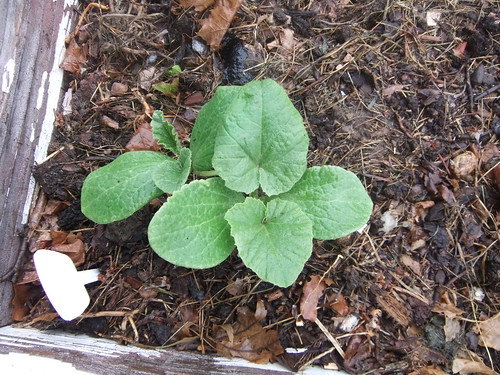Post by castanea on Mar 10, 2013 21:13:37 GMT -5
"Study: Biodiversity from Polyculture Outperforms Industrial Farming Chemicals
Heather Callaghan
Activist Post
Do we really need industrial agriculture to feed the world?
A study by the University of California, Berkeley, presented exhaustive alternatives to current practices. One section of the paper cited research pointing to the positive effects of biodiversity on the numbers of herbivore pests, finding that polycultural planting led to reduction of pest populations by up to 64%. Later, combined results of hundreds of comparisons also favored biologically diverse farms with a 54% increase in pest mortality and damage to crops dropping by almost 25%. The introduction of more diverse insects also promoted increased pollination and healthier crops.(source ecology and society)
A 9-year study conducted by researchers from the USDA, University of Minnesota and Iowa State University proved that in more complex systems, yield AND profits were both enhanced. When paired against the conventional corn/soy rotation, less fertilizer was used. This difference actually increased over the course of the study, indicating the quality of the soil was improving over time, instead of experiencing the depletion of common practices. (source Union of Concerned Scientists)
So the USDA knows this eye-opening evidence, yet it continues to give tens of billions in subsidies to keep current industry.
Soil management is a key long-term investment for farmers, many of whom are not presented with viable alternatives to the current practice by the tightly controlled agriculture landscape. Biodiverse practices have been shown repeatedly to not only balance soil nutrition, but lead to a healthier array of forage choices for livestock, more nutrition and a more long-term, sustainable balance with local ecosystems."
www.activistpost.com/2013/03/study-biodiversity-from-polyculture.html
Heather Callaghan
Activist Post
Do we really need industrial agriculture to feed the world?
A study by the University of California, Berkeley, presented exhaustive alternatives to current practices. One section of the paper cited research pointing to the positive effects of biodiversity on the numbers of herbivore pests, finding that polycultural planting led to reduction of pest populations by up to 64%. Later, combined results of hundreds of comparisons also favored biologically diverse farms with a 54% increase in pest mortality and damage to crops dropping by almost 25%. The introduction of more diverse insects also promoted increased pollination and healthier crops.(source ecology and society)
A 9-year study conducted by researchers from the USDA, University of Minnesota and Iowa State University proved that in more complex systems, yield AND profits were both enhanced. When paired against the conventional corn/soy rotation, less fertilizer was used. This difference actually increased over the course of the study, indicating the quality of the soil was improving over time, instead of experiencing the depletion of common practices. (source Union of Concerned Scientists)
So the USDA knows this eye-opening evidence, yet it continues to give tens of billions in subsidies to keep current industry.
Soil management is a key long-term investment for farmers, many of whom are not presented with viable alternatives to the current practice by the tightly controlled agriculture landscape. Biodiverse practices have been shown repeatedly to not only balance soil nutrition, but lead to a healthier array of forage choices for livestock, more nutrition and a more long-term, sustainable balance with local ecosystems."
www.activistpost.com/2013/03/study-biodiversity-from-polyculture.html


